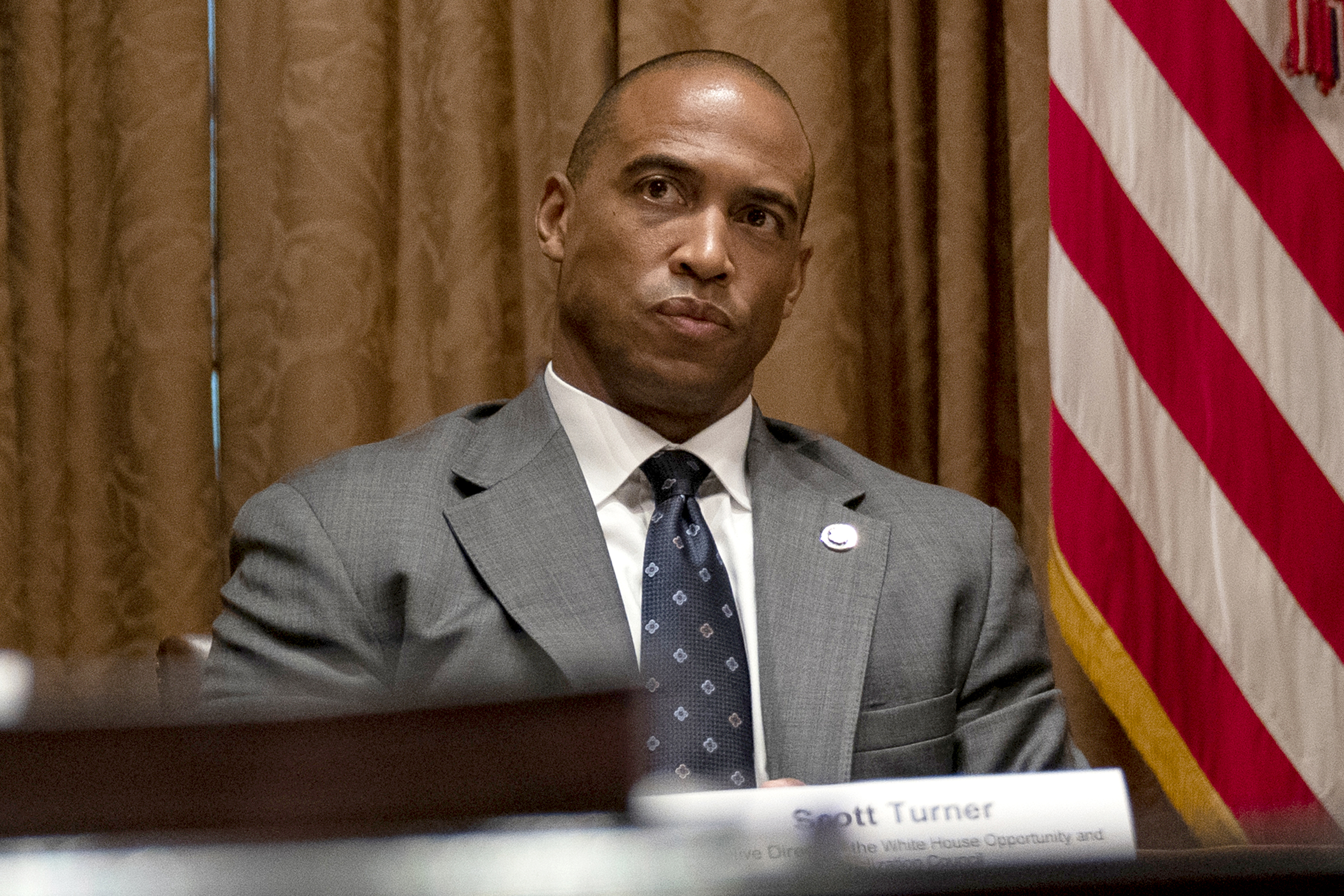Former Treasury chief Rishi Sunak is set to become Britain’s next prime minister after winning the Conservative leadership race Monday — and now faces the huge task of stabilizing the party and country at a time of economic and political turbulence.
Sunak will be Britain’s first leader of color, and the nation's third leader just this year. He will take over as prime minister from Liz Truss, who quit last week after 45 tumultuous days in office, leaving a staggering economy and a shell-shocked and divided party.
His only rival, Penny Mordaunt, conceded and withdrew after failing to reach the nomination threshold of 100 Conservative lawmakers needed to stay in the race.
In his first public statement after he became the Conservative leader, Sunak said the country faces a “profound economic challenge,” and he promised to work for “stability and unity.” He said he would make it his “utmost priority” to unite the party and the country.
Sunak had been the strong favorite as the governing Conservative Party sought stability at a time of immense economic challenges and after months of chaos that consumed the past two leaders.
Sunak lost out to Truss in the last Conservative election, but his party now appears eager for a safe pair of hands to tackle soaring energy and food prices and a looming recession. The politician steered the economy through the coronavirus pandemic, winning praise for his financial support for laid-off workers and shuttered businesses.
He promised “integrity, professionalism and accountability” if he formed a government — a veiled criticism of the scandal-tarred Johnson and the problem-plagued Truss.
U.S. & World
Sunak will now be asked by King Charles III to form a government. He will become the prime minister in a handover of power from Truss later Monday or on Tuesday.
Sunak's victory is historic: He is the first British prime minister of South Asian heritage, the first Hindu to hold the post and the youngest for 200 years.
Get a weekly recap of the latest San Francisco Bay Area housing news. Sign up for NBC Bay Area’s Housing Deconstructed newsletter.
His challenge is enormous as he tries to unite a demoralized and divided party that trails far behind the opposition in opinion polls, and seeks to shore up an economy reeling after Truss' brief, disastrous experiment in libertarian economics.
Her proposal for aggressive tax cuts that would be paid for through government borrowing pummeled the value of the pound drove up the cost of government borrowing and home mortgages, and forced emergency Bank of England intervention. Truss executed a series of U-turns and replaced her Treasury chief but faced rebellion from lawmakers in her party that obliterated her authority.
In the lighting-quick contest to replace her, Sunak’s position strengthened after former leader Boris Johnson dramatically quit the race on Sunday night, ending a short-lived, high-profile attempt to return to the prime minister’s job he was ousted from little more than three months ago amid ethics scandals.
Johnson spent the weekend trying to gain support from fellow Conservative lawmakers after flying back from a Caribbean vacation. Late Sunday he said he had amassed the backing of 102 colleagues. But he was far behind Sunak in support, and said he had concluded that “you can’t govern effectively unless you have a united party in Parliament.”
The prospect of a return by Johnson had thrown the already divided Conservative Party into further turmoil. He led the party to a thumping election victory in 2019, but his premiership was clouded by scandals over money and ethics that eventually became too much for the party to bear.
In his Sunday statement, Johnson insisted he was “well placed to deliver a Conservative victory” in the next national election, due by 2024. And he said that he likely would have won a ballot of Conservative Party members against either of his rivals.
“But in the course of the last days I have sadly come to the conclusion that this would simply not be the right thing to do,” he said.
He hinted he might be back, however, saying: “I believe I have much to offer but I am afraid that this is simply not the right time.”
Truss quit Thursday after a turbulent 45 days in office, conceding that she could not deliver on her botched tax-cutting economic package, which she was forced to abandon after it sparked fury within her party and weeks of turmoil in financial markets.
The Conservative Party turmoil is fueling demands for a national election. Under Britain’s parliamentary system, there does not need to be one until the end of 2024, though the government has the power to call one sooner.
Currently that looks unlikely. Opinion polls say an election would spell disaster for the Conservatives, with the left-of-center Labour Party winning a large majority.



